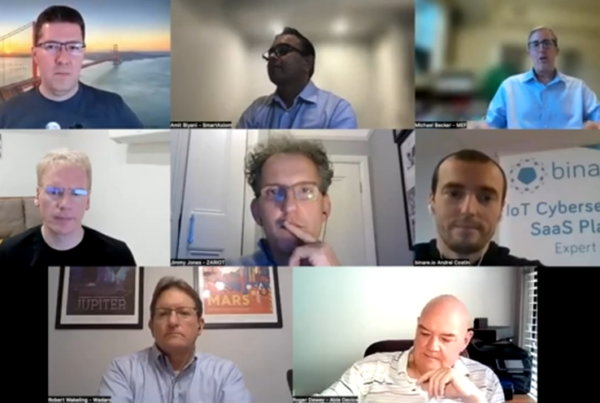The world’s digital marketers travelled to Cologne for Dmexco last week. Tim Green went too. What did they all learn?
It’s always struck me as ironic that the Dmexco takes place in Germany.
Dmexco gathers execs from all over the world to worship at the shrine of real-time programmatic advertising. And yet Germany… well it’s a little bit digital-sceptic isn’t it?
Take the question of digital money. Travel to Sweden and people will tell you to not to bother taking cash. It’s all cards there.
Germany? It still loves notes and coins. More than any other economy in Western Europe.

But on the other hand, Germans do know how to host a giant expo. Getting in and out of the Koelnmesse just couldn’t be easier. They also care deeply about privacy. And in the current climate, there is nothing that digital marketers worry about more.
So when the organisers of the 2019 Dmexco show decided on the subtitle ‘Trust In You’, they were in the best possible place to chew over the topic.
And this they certainly did.
Privacy might have dominated the conversation. But there was plenty more to take away from the expo. Here are some takeaways…
The industry is waging war on bots, click farms and even factories of human fraud operatives. Happily, it says things are improving. The Association of National Advertisers reported an 11 percent reduction in fraudulent ad buys between 2017 and 2019.
It’s the trust, stupid
The title of Dmexco 2019 was ‘Trust In You’. Not surprising. In an era of GDPR, fake news, recurring hacking scandals and more, the industry knows that trust is leaking away.
It can’t let this continue. On stage, Christoph Kull, VP and MD Europe of Adobe, summed it up. “In order to create customer experiences that are personalised, we need data. In order to get the data, we need trust.”
How to win it back? Well, all the big browser companies (including Google and Apple) are limiting what adtech firms can do with cookies. Google has even launched a Safety Engineering Center (GSEC) in Munich to find ways to do targeting without breaching privacy.
Ad fraud is a $22.4 billion problem
If anything can rival trust for terrifying digital marketers, it’s fraud. On the eve of Dmexco, the giant media buyer GroupM put the cost of ad fraud at $22.4 billion. It added that 80 per cent of it originates in China.
The industry is waging war on bots, click farms and even factories of human fraud operatives. Happily, it says things are improving. The Association of National Advertisers reported an 11 percent reduction in fraudulent ad buys between 2017 and 2019.
Programmatic advertising is still going strong
People are freaked out by advertising that follows them around the web. Regulators are restricting what adtech firms can do. Fraud and accidental clicks are hammering the ROI of digital spend.
You’d think the above would have put programmatic advertising on the ropes. In fact, it’s never been stronger.
On the eve of Dmexco, the trade body IAB Europe revealed that programmatic revenue in Europe grew by 33 percent in 2018. More than 70 percent of display and more than 50 percent of video is now traded via programmatic methods.
The market is now worth €16.7bn.
Programmatic is going ‘out-of-home’
The whole point of programmatic is that it lets advertisers target individual customers and bid a set price in real time to show them an ad. This is only possible in a digital setting such as a web page or app, right?
Well, not entirely. In fact, the programmatic approach is slowly encroaching into the ‘real world’.
Thanks to the emergence of digital billboards, it’s now possible for brands to automate their out-of-home (OOH) advertising.
But what about the other side? The targeting side? Well, there’s a certain amount that billboard owners can know about their inventory – the typical demographics of passers-by, for example, and how this changes according to time of day.
And then there are new technologies such as facial recognition, which could improve the targeting still further.
It’s still early days, but in the run-up to Dmexco, there were multiple announcements confirming the move of OOH towards digitisation.
Dmexco does flying cars
A bit like Mobile World Congress, Dmexco is in thrall to shiny new tech – even if it’s hard to see the connection to digital marketing. There were innumerable stands touting experimental solutions based on VR for example.
There was even a presentation by flying car startup Volocopter. Maybe something for the VCs to fly around in.





